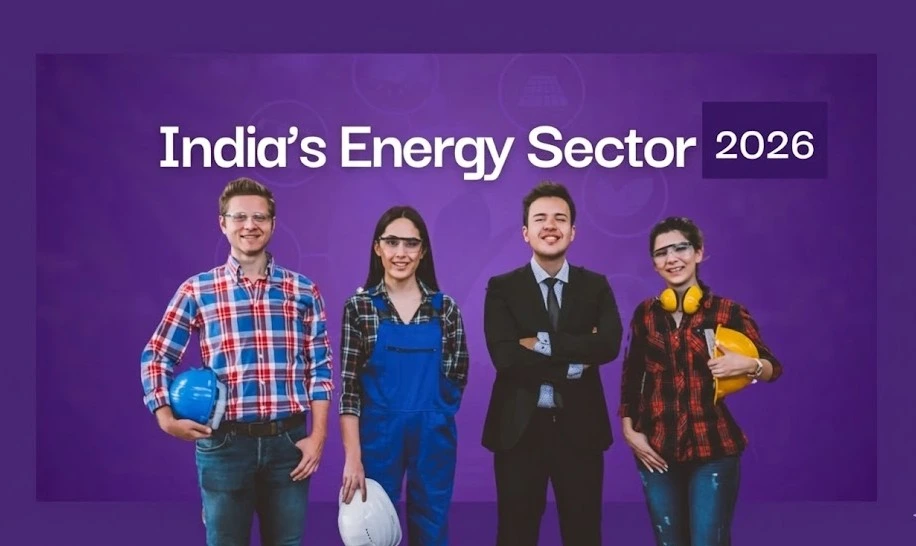We’ve broken them down into clear categories to help you identify the best fit for your career aspirations.
- Energy Engineering & Management
This certification is ideal for those involved in optimizing energy performance and moving into leadership roles. - Energy Efficiency & Auditing: This course is designed for professionals responsible for assessing and improving the energy efficiency of large facilities, buildings, and industrial systems.
- Energy Infrastructure: Focuses on practical tasks like HVAC design, solar installation, and contractor work.
- Sustainability & Green Building: Intended for individuals working in energy and sustainability, whether in engineering or in leadership roles related to green buildings and sustainability reporting.
Top Certifications to Consider
1. Energy Engineering and Management
- Certified Energy Management (CEM®): A top choice for energy engineers and managers focused on optimizing energy systems, encompassing industrial and HVAC system assessments and energy audits.
- Professional Engineer (PE) Licensure: Essential for engineers aiming to sign off on engineering work for clients. Often paired with CEM® for greater impact.
- Project Management Professional (PMP®): Though not engineering-specific, this certification is valuable for energy professionals in project management and leadership roles.
2. Energy Efficiency and Auditing
- Certified Energy Auditor (CEA®): Focuses on energy assessments and building performance evaluations for energy auditors and consultants.
- Specialized Efficiency Certifications: Consider certifications like Certified Building Commissioning Professional (CBCP®) or Certified Measurement and Verification Professional (CMVP®) for specific areas of energy performance.
3. Energy Infrastructure
- ASHRAE Certifications: Targeted at HVAC professionals, covering design, performance, and operations management.
- BPI Certifications: Ideal for home energy professionals, encompassing home energy assessments to HVAC systems.
- NABECP Certifications: Designed for professionals in the solar industry, specifically those in PV installation and design.
4. Sustainability and Green Buildings
- AEE Certifications: Specialized for sustainability leaders, like Carbon Auditing Professional (CAP®) or Renewable Energy Professional (REP).
- LEED Certifications: Offered by the U.S. Green Building Council, with a focus on green building practices and sustainable design. LEED AP is widely recognized alongside CEM® and PE.
- SASB-FSA: Aimed at professionals studying the impact of sustainability on business performance.
Tips for Selecting the Right Certification
- LinkedIn Research: Look up energy professionals with similar job titles to see which credentials are common in your field.
- Read the Job Description on avua: Check avua job descriptions to pinpoint the certifications and skills employers value.
- Talk to Mentors: Seek guidance from senior energy professionals to understand the most valuable certifications for your role.
- Balance Experience with Credentials: While certifications are valuable, hands-on experience in energy management or sustainability is equally essential.
By adding the right certifications to your resume, you’ll gain a competitive edge in the rapidly expanding energy sector. Whether your interests lie in technical engineering, energy auditing, or sustainable leadership, a credential can propel your career forward.

